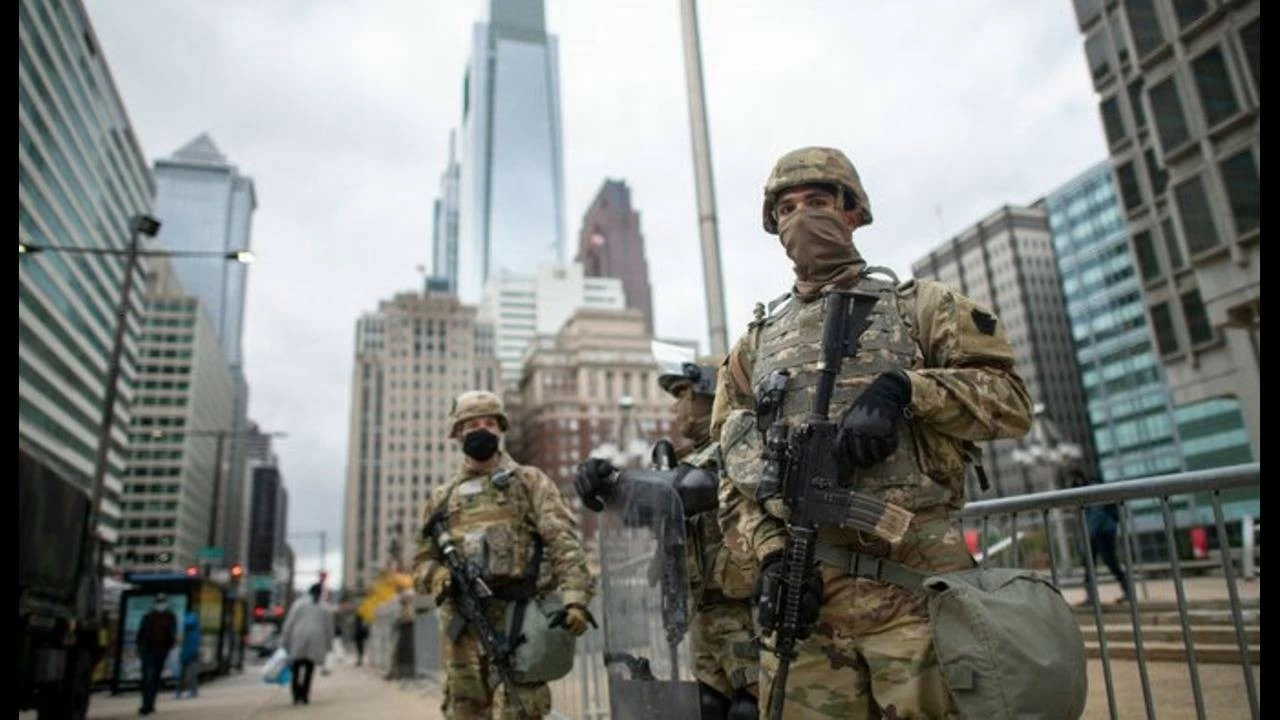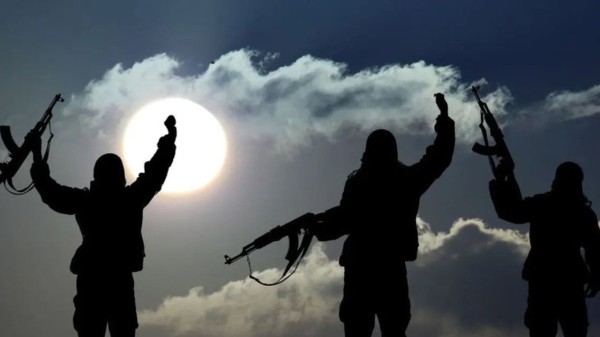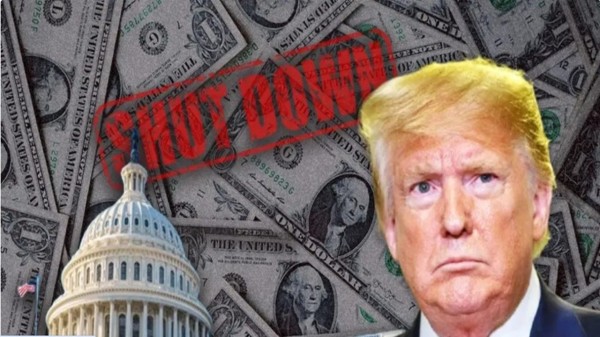

By signing in or creating an account, you agree with Associated Broadcasting Company's Terms & Conditions and Privacy Policy.


By signing in or creating an account, you agree with Associated Broadcasting Company's Terms & Conditions and Privacy Policy.

New Delhi: Protests against U.S. Immigration and Customs Enforcement (ICE) have intensified across the United States since early 2025, driven by the Trump administration's aggressive immigration enforcement policies. A significant flashpoint occurred in Los Angeles, where ICE raids led to the arrest of at least 44 individuals, prompting thousands to block federal buildings and chant, “Set them free, let them stay!”.
The protests since then have escalated and shifted to other US cities like Portland and Chicago. It is in reaction to these growing protests, which are becoming more and more violent, that US President Donald Trump is now talking about taking more strict action.
This pertains to his now announcing the need to enact the Insurrection Act. Trump said on Monday that he would consider invoking the Insurrection Act “if it was necessary.” He said that he would be doing so especially if the courts or state and local officials delay his plans to deploy the National Guard.
"I’d do it if it was necessary. So far it hasn’t been necessary. But we have an Insurrection Act for a reason," Trump told reporters in the Oval Office. "If I had to enact it, I'd do that. If people were being killed and courts were holding us up or governors or mayors were holding us up, sure, I'd do that. I mean, I want to make sure that people aren't killed. We have to make sure that our cities are safe," he added.
Trump’s new ploy comes after a federal judge in Oregon blocked him from deploying federalized National Guard members to Portland’s streets. In what could be seen as a reaction to this, Trump said, "Portland's been on fire for years, and not so much saving it. We have to save something else, because I think that's all insurrection. I really think that's really criminal insurrection."
The US Insurrection Act is a federal law that grants authority to the president to deploy military forces domestically under specific circumstances. Originally enacted in 1792 and substantially revised by Congress in 1807, this law empowers the President to use the U.S. Armed Forces and federalize National Guard units to suppress civil disorder, insurrection, or armed rebellion against the federal government.
The Insurrection Act serves as a statutory exception to the Posse Comitatus Act of 1878. The Posse Comitatus Act generally prohibits the use of federal military personnel in civilian law enforcement roles within the US. This restriction is part of the US legacy of minimising military involvement in civilian affairs. The Insurrection Act thus is invoked only in rare circumstances as it temporarily suspends this prohibition. It gives the President the power to deploy military in civilian matters in rare instances of heightened security needs.
Under the law, the president’s power to call the military into domestic service is triggered in grave situations only. For example, when a request from a state’s legislature or governor comes in when the legislature cannot be convened. In this case the president may intervene to suppress an insurrection within that state. The President can also enact the Insurrection Act that makes it impossible to enforce the law in any state.
Domestic violence or conspiracy that results in the denial of constitutionally protected rights is another instance when the Act may be enacted, especially in such cases when the state is unable or unwilling to safeguard rights. While the Insurrection Act is intended to be used in extreme crises beyond the capacity of civilian authorities, the stipulations of the law remain vague, something that has been criticised often. Critics say that because the law has not been meaningfully updated in over 150 years, the possibilities of it being used arbitrarily remain a big concern.
The Insurrection Act thus remains a controversial option to take for any US President, even though it may be a powerful one. Its importance in enabling federal intervention in times of domestic crisis remains of paramount importance. Its broad and outdated provisions though remain controversial, and Trump’s decision to enact the Act for the current ICE protests hinges on all these aspects.












